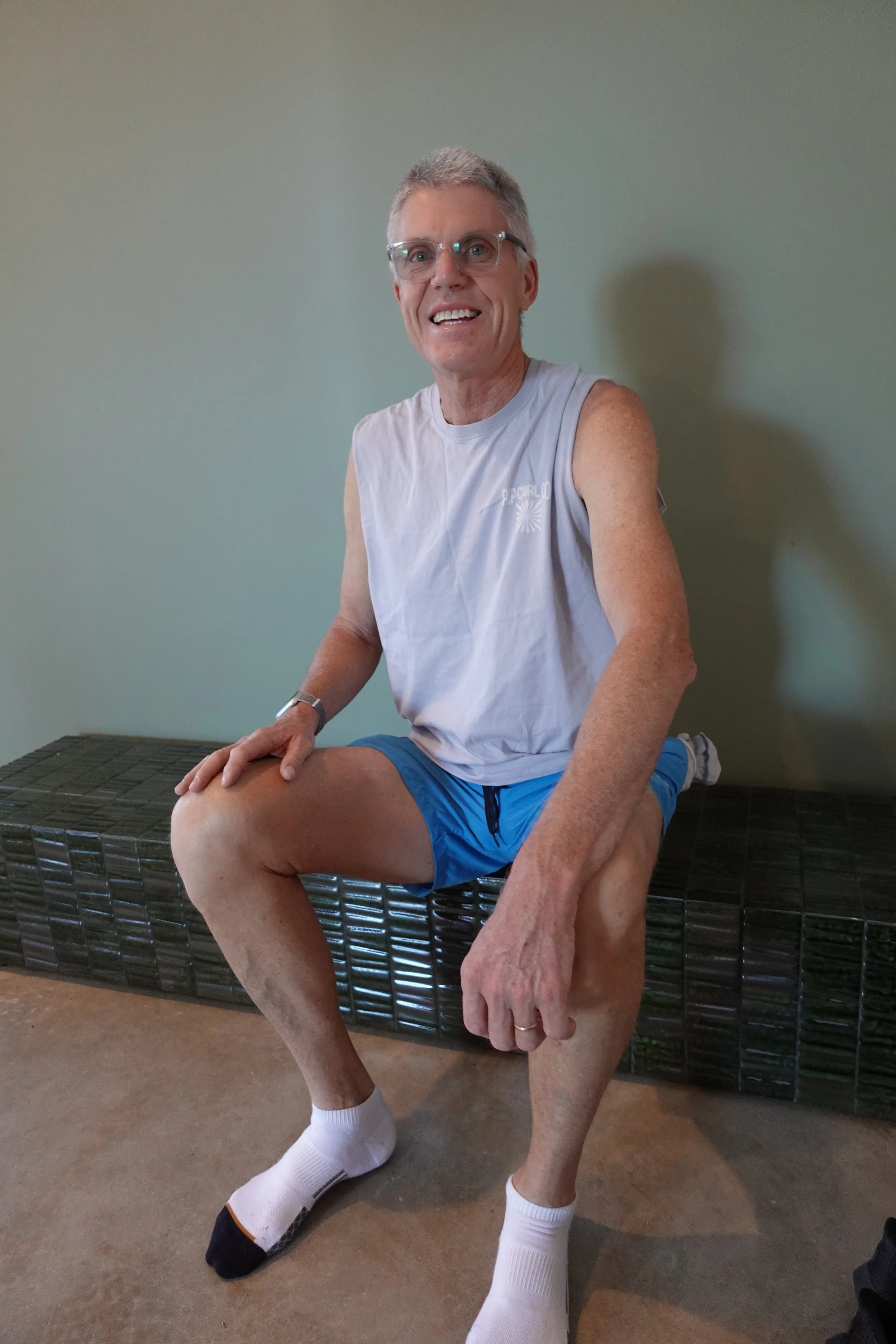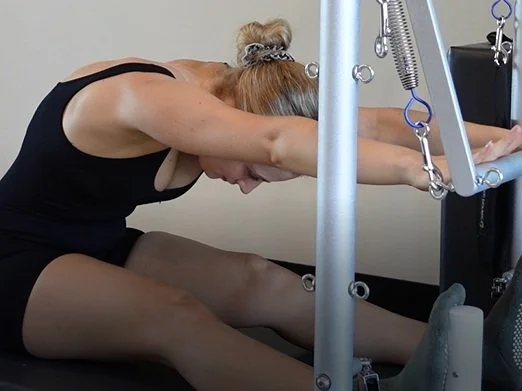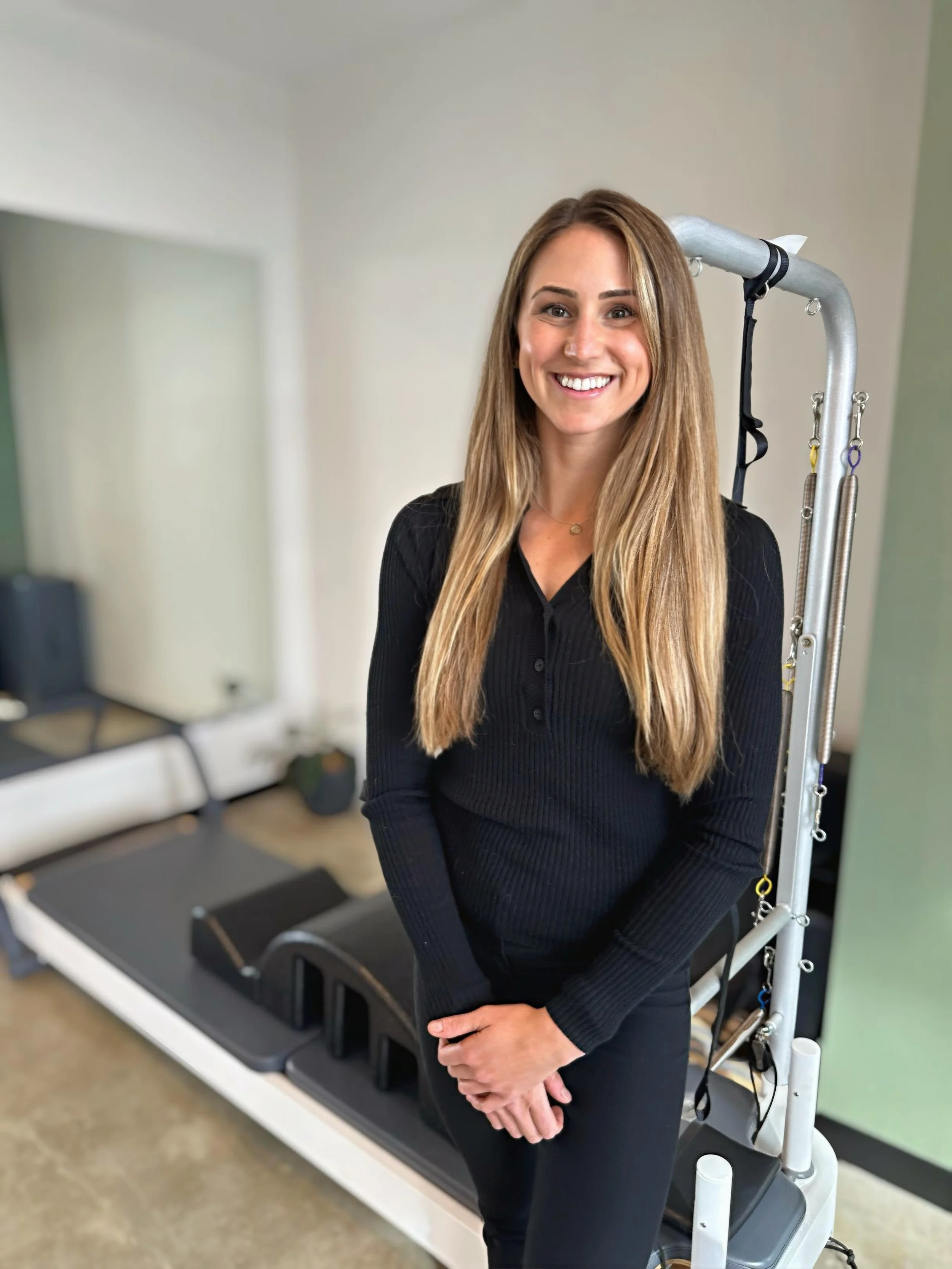Pain Management.
Pain can significantly disrupt daily life, often changing how we move and carry out routine activities. For example, someone with chronic lower back pain might avoid bending over to pick things up or find running and playing with their children challenging. A person with limited shoulder mobility may struggle to reach overhead or complete repetitive household tasks like vacuuming. Pain may be a constant due to job demands such as repetitive tasks and awkward postures causing ongoing discomfort at home. In all these cases, pain interferes with essential daily activities, affecting mood, energy levels, and overall quality of life, creating a cycle where pain and restricted movement perpetuate each other.
Targeted therapy can help break this cycle by restoring function, reducing pain, and making it easier to perform everyday tasks.
Our approach.
Targeted therapy can help break this cycle by restoring function, reducing pain, and making it easier to perform everyday tasks.
Movement therapy is a powerful rehabilitation tool that employs body weight and graded resistance exercises. The Pace approach combines the most effective elements of Pilates, movement therapy, psycho-education, and planning to create a progressive rehabilitation style tailored to pain management. This approach supports injury recovery and empowers you in everyday functional living.
Pace Therapy offers two types of pain management support:
Pace.Clinical (one-on-one, duo and trio) – Ideal for managing acute and chronic injuries and preventing cognitive decline. This is beneficial for clients with long-standing issues such as back and neck pain, knee or shoulder problems, cognitive decline, memory deficits, or trauma related to mental health. Sessions are one hour long, featuring specific instructions and close monitoring.
Pace.Progressive (group program) – Designed for those who wish to advance their strength, flexibility, and stability after enjoying small group classes. These programs aim to support ongoing functional movements and goal attainment, enhancing overall quality of life. Current offerings include:
Chronic Pain Management Program– Focuses on acute and chronic fall pain, osteoporosis, and bone density conditions that affect function.
Falls Prevent Program: This program focuses on strengthening and providing psychoeducational support for falls prevention and safety within the home and community.
Mind-Body Connection - Explores the relationship between mind and body, addressing trauma through deep breathing and exercise to increase body awareness and understanding.
Pain Management & Function.
-
Working with a therapist to improve motor, neuromuscular, perceptual, and sensory functions that support head control, sitting, and rolling can enhance participation in activities like painting, playing musical instruments, or enjoying social gatherings.
-
Working with a therapist to strengthen neuromuscular, musculoskeletal, and perceptual functions that support upper limb movements, such as reaching, grasping, releasing, and manipulating objects, can help with tasks like cooking, dressing, gardening, or playing sports.
-
Working with a therapist to develop neuromuscular, musculoskeletal, and perceptual functions that support lower limb abilities, such as standing and walking, can facilitate goals involving activities like walking, dancing, hiking, runing or sports engagement.
-
Working with a therapist to optimise ventilation and gas exchange to improve respiratory function can enhance participation in activities requiring prolonged effort, such as joining a walking group, participating in fitness classes, or engaging in community sports.
-
Working with a therapist to maintain or improve cardiovascular health and exercise tolerance can support engagement in endurance-based activities, such as gardening, swimming, cycling, or attending extended social events.
Your Therapists.
Your Therapists are passionate about holistic pain management that supports the recovery of function to engage in meaningful activities—whether it's walking, running, playing with family, lifting children, completing household tasks, or returning to work. Their goal is to help you stay active and prevent injuries that could limit your participation. Our therapists have experience managing various conditions, including nerve damage, phantom pain, upper and lower limb injuries, gait difficulties, spinal and lower back issues, disc bulges, post-operative strengthening, osteoporosis, arthritis, cerebral palsy, and multiple sclerosis.
Ella MacLean
Carleen Ginter




FAQs
-
If you’re experiencing pain that limits your ability to perform meaningful tasks—whether at home, at work, or socially—you could benefit from chronic pain management sessions.
-
The sessions can be a one-one, duo or trio format.
-
The sessions are 45 minutes.
-
One to One session cost $143.40
Duo-Trio Sessions cost $77
-
Costs may be covered by private health insurance, Medicare pain management plans, My Aged Care, ACAT, or NDIS funding. Please check with your provider regarding your level of cover or plan. If you're interested in one of these funding options but are unsure, please contact us.
-
To sign up, please email info@pacetherapy.com.au with the subject line 'Pain Management Sessions'


